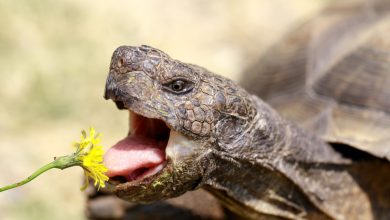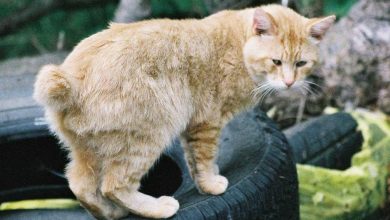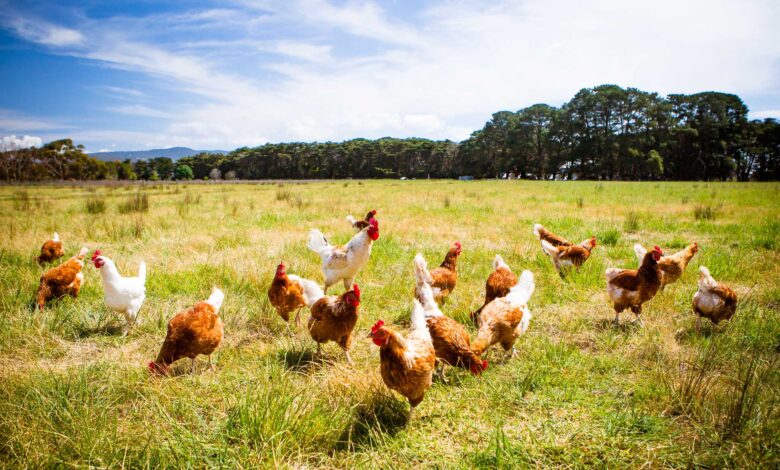
14 Sustainable Poultry Farming Practices for a Greener Future
In an era marked by increasing environmental awareness and concerns over food security, the global poultry industry finds itself at a crossroads.
The growing demand for poultry products, coupled with mounting pressure to reduce agriculture’s ecological footprint, has thrust sustainable poultry farming practices into the spotlight.
This article explores the multifaceted world of sustainable poultry farming and highlights innovative techniques that are shaping a greener future for this vital industry.
Embracing Organic and Free-Range Farming
One of the pillars of sustainable poultry farming is the shift towards organic and free-range production systems. These approaches prioritize animal welfare and environmental sustainability.
In organic systems, birds are raised without the use of synthetic chemicals, antibiotics, or genetically modified organisms. Free-range systems, on the other hand, allow birds access to outdoor areas and encourage natural behaviors like foraging.
While these methods may require more space and resources, they resonate with consumers who are willing to pay a premium for ethically raised poultry. In addition, modern cage-free poultry farming equipment already exists.
Efficient Resource Management
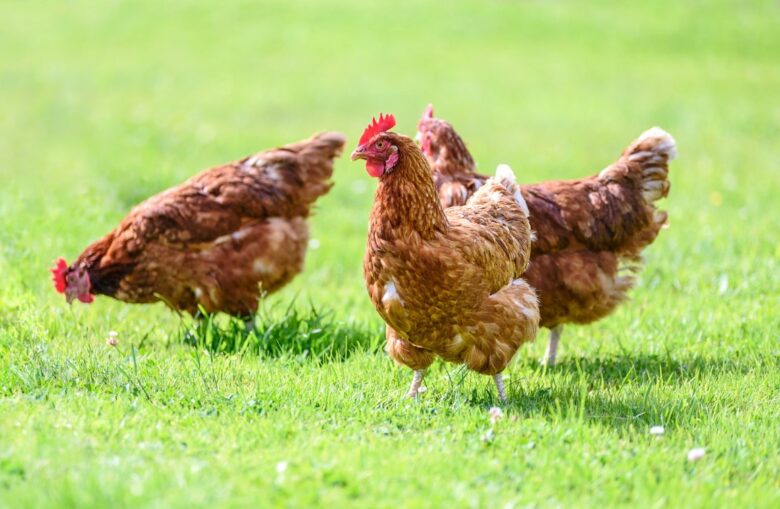
Sustainable poultry farming involves optimizing resource usage, from land and water to feed and energy. Innovative techniques include:
Waste Recycling and Composting
Poultry farms generate significant quantities of manure and litter. Sustainable practices involve recycling these byproducts into valuable resources.
Composting, for instance, turns poultry litter into nutrient-rich organic fertilizer, reducing waste while benefiting crop production.
Energy Conservation
Poultry farms are adopting energy-efficient technologies, such as LED lighting, solar panels, and improved insulation, to reduce energy consumption and greenhouse gas emissions.
Water Management
Efficient water management systems, like drip irrigation and rainwater harvesting, help conserve water resources on poultry farms. Recirculating water systems in processing plants minimize water usage and pollution.
Holistic Health Management
Preventing disease outbreaks is essential for both bird welfare and sustainability. Instead of relying heavily on antibiotics, sustainable poultry farming emphasizes holistic health management.
Probiotics and Natural Supplements
Probiotics and natural supplements enhance bird immunity and gut health, reducing the need for antibiotics. These supplements can be added to poultry diets to promote overall well-being.
Vaccination Programs
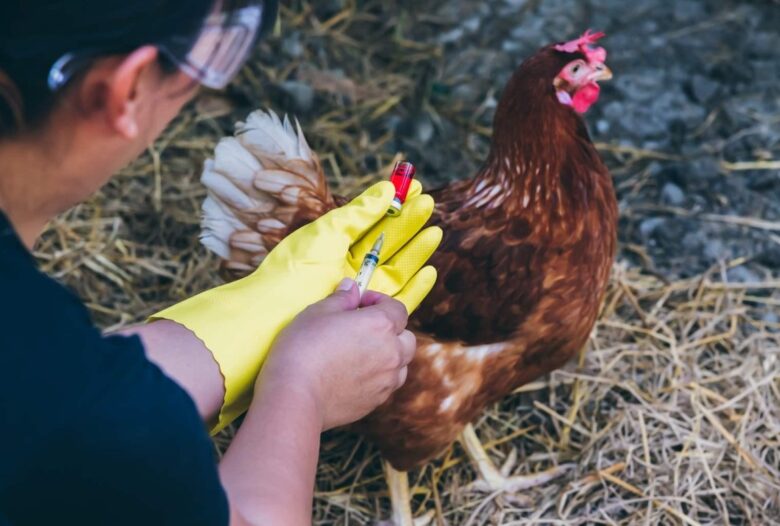
Implementing vaccination programs helps prevent the spread of common poultry diseases, reducing the reliance on antimicrobial treatments.
Improved Biosecurity Measures
Stricter biosecurity protocols, including controlled access and hygiene measures, help prevent disease introduction and transmission.
Genetic Selection for Sustainability
Modern poultry genetics have evolved to include traits that promote sustainability. Breeding programs focus on developing birds with improved feed conversion ratios, disease resistance, and efficient nutrient utilization.
These efforts reduce the environmental impact of poultry farming while enhancing overall profitability.
Alternative Feed Sources
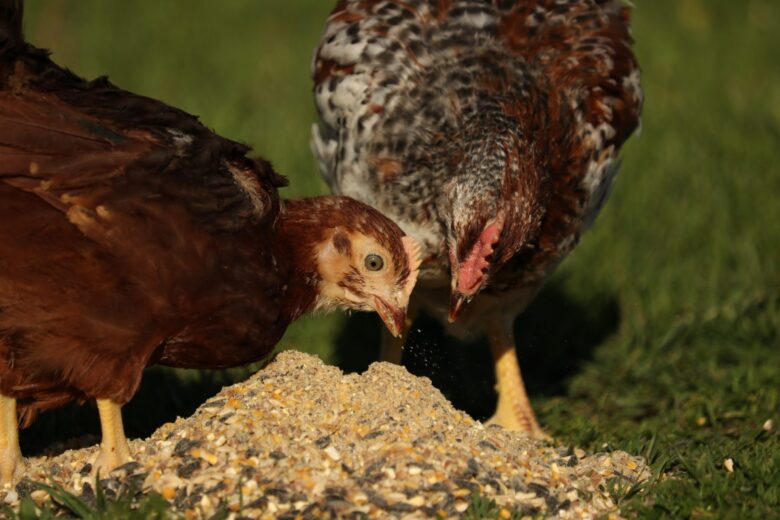
The sustainability of poultry farming is closely linked to the availability of affordable and sustainable feed sources.
To reduce the reliance on soy and other resource-intensive crops, farmers are exploring alternative feed ingredients:
Insects and Microorganisms
Insects like black soldier flies and mealworms, as well as microorganisms like algae, are being studied as potential protein sources for poultry feed.
These alternative ingredients require less land and water to produce compared to traditional crops.
Waste-Based Feeds
Recycled food waste and agricultural byproducts can be processed into nutritious poultry feeds, reducing food waste and conserving resources.
Ethical Considerations
Consumer awareness of ethical concerns surrounding poultry farming is growing. Practices such as debeaking and overcrowding are being scrutinized.
Sustainable poultry farming prioritizes bird welfare by providing ample space, natural lighting, and opportunities for natural behaviors like scratching and dust-bathing.
Conclusion
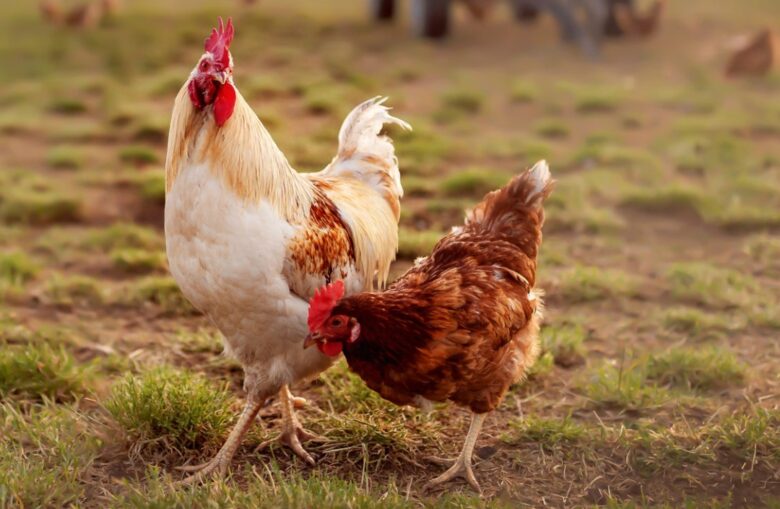
Sustainable poultry farming practices are vital for the future of the industry and the planet. These practices not only address environmental concerns but also align with consumer preferences for ethically produced poultry products.
As the poultry industry continues to evolve, embracing sustainable techniques is not just an option but a necessity to ensure a greener and more responsible future for poultry farming.
By adopting these innovative practices, poultry farmers can meet the growing global demand for poultry products while preserving the planet for generations to come.


